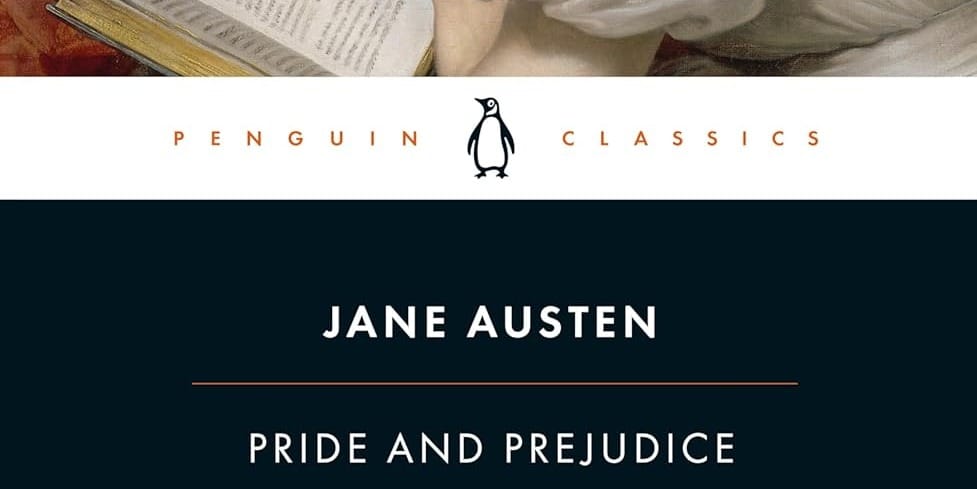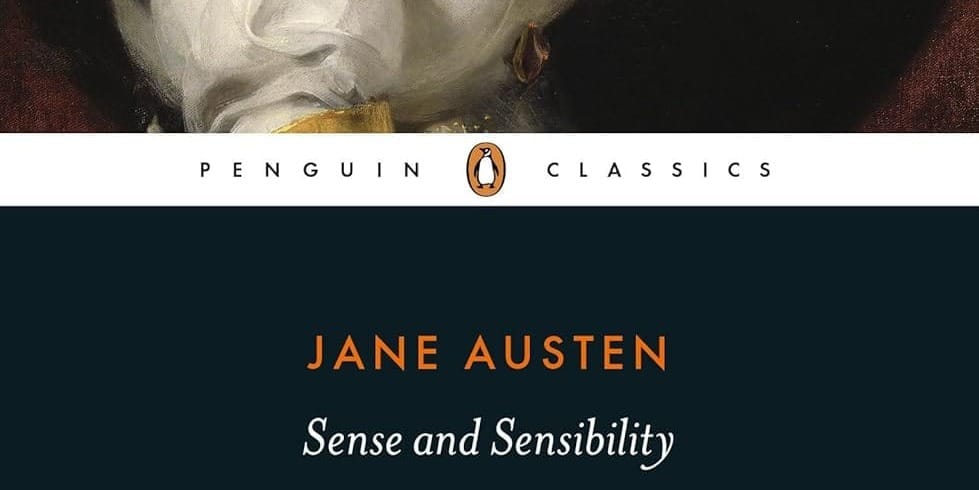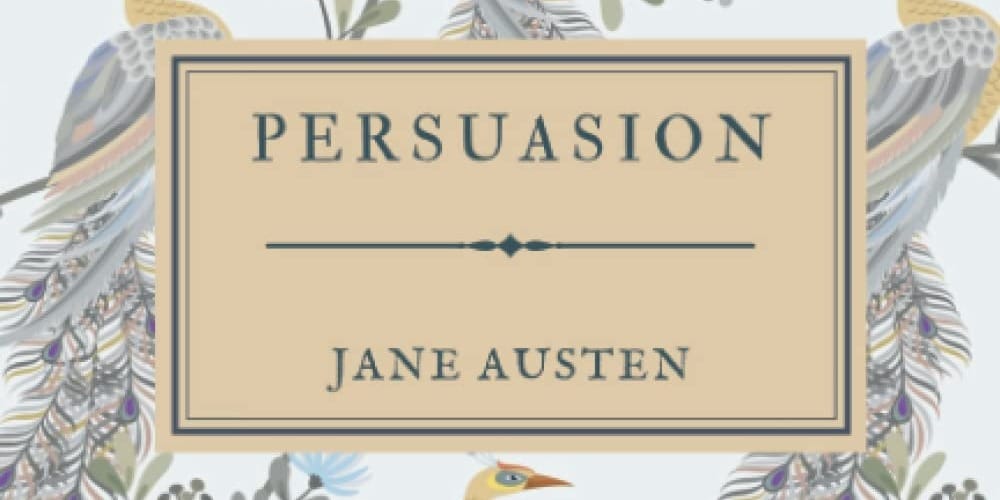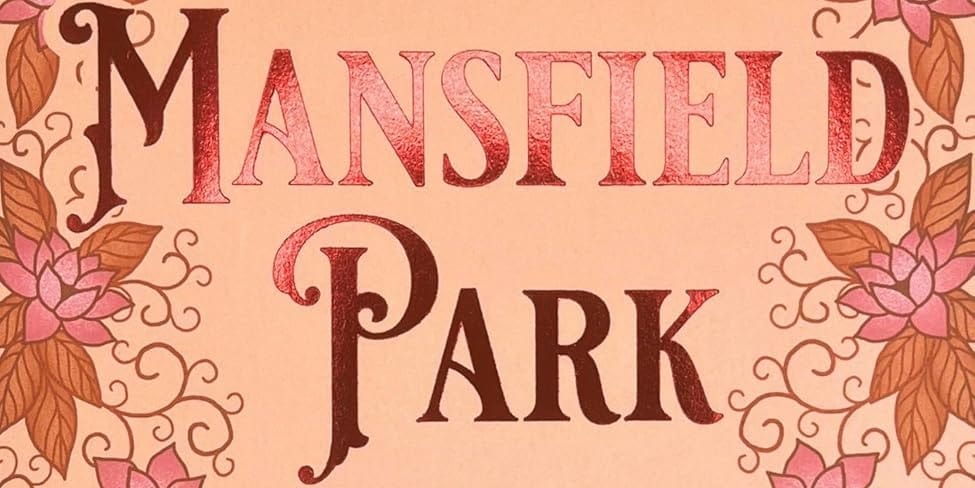Jane Austen's novels aren't merely books—they're journeys through human nature, society, and the complexities of love, friendship, and identity. Austen effortlessly captures the nuances of the Regency era, becoming a cornerstone among British authors whose works define the canon of timeless classics. She transforms mundane details of daily life into vibrant narratives filled with wit, irony, and unforgettable characters. Whether you're a seasoned fan of English literature or exploring classic literature recommendations for the first time, Austen's works offer depth, humor, and timeless relevance.
Exploring Jane Austen: Why Her Books Still Resonate
Austen’s novels have transcended centuries due to her sharp observations and her unique ability to showcase characters as mirrors reflecting our own lives and relationships. Set against the vivid backdrop of the Regency era, her novels are celebrated literary classics offering timeless explorations of social expectations, romantic fiction, and historical fiction themes—from class distinctions and the pursuit of happiness to the subtleties of romantic relationships and personal growth. Her narratives often challenge social conventions, subtly advocating for women's independence and critical thinking—themes still profoundly relevant today.
Pride and Prejudice
Arguably Austen's most iconic novel, "Pride and Prejudice," explores the intricate dance between societal expectations and personal desires. Elizabeth Bennet, with her intelligence, wit, and independent spirit, remains one of literature's most admired heroines. Through Elizabeth's complex relationship with Mr. Darcy, Austen dissects the pitfalls of pride, the dangers of prejudice, and the power of self-awareness and growth. Beyond being a celebrated romance classic and the cornerstone of romantic fiction, the book serves as compelling historical fiction, vividly portraying Regency society and class-based prejudices, making it essential reading within any collection of timeless classics.
Sense and Sensibility
"Sense and Sensibility" masterfully contrasts rationality with emotional impulsiveness through the Dashwood sisters, Elinor and Marianne. Austen uses their romantic entanglements and familial bonds to highlight the delicate balance required between logic and passion in navigating life's challenges. Readers find echoes of their struggles and aspirations in Austen's rich storytelling, showcasing why Austen remains among the most influential British authors in classic literature. It's a must-read for anyone diving into literary classics on love and society.
Emma
In "Emma," Austen presents a heroine who is delightfully flawed yet irresistibly charming. Emma Woodhouse is wealthy, intelligent, and confident, but also meddlesome and naive. Her misguided matchmaking and assumptions lead to humorous yet insightful explorations of human nature and self-discovery. This novel is beloved not only as a romantic comedy but as a brilliant critique of social vanity and self-awareness, making it a beloved period drama featured in numerous literature guides. Emma’s personal growth and eventual humility resonate deeply with readers, cementing this novel firmly in the canon of classic books.
Persuasion
Austen's last completed novel, "Persuasion," carries a more reflective, mature tone. Anne Elliot embodies quiet strength and resilience, navigating regret and lost love when she reconnects with Captain Wentworth, a man she previously rejected due to societal pressures. Austen thoughtfully portrays second chances, the enduring nature of true love, and the courage required to live authentically, firmly positioning it among literary classics and one of Austen’s most resonant historical fiction narratives. "Persuasion" offers depth and emotional maturity, placing it among the most moving historical classics exploring love and societal expectations.
Mansfield Park
"Mansfield Park," though quieter than Austen's other novels, provides a profound exploration of morality, social privilege, and personal integrity set in the Regency era, marking its place among timeless novels. Through the eyes of the timid yet steadfast Fanny Price, set against the wealthy but morally ambiguous Bertram family, the story delves into complex ethical dilemmas, familial duty, and personal conviction. Austen's subtle critique of society's moral compromises makes "Mansfield Park" a thought-provoking addition to any classic literature collection, especially for those seeking depth in their reading experiences.
Rediscovering Austen: Timeless Insights from Classic Literature
Jane Austen's novels continue to captivate readers precisely because they offer timeless insights into human behavior, love, and society. Her work effortlessly combines humor, romance, and critical social commentary, creating narratives that resonate deeply with readers across generations. Through Austen’s writing, we recognize ourselves and the societies we inhabit—from romantic misunderstandings and familial relationships to subtle yet powerful critiques of social norms.
Moreover, her characters remain relatable—flawed yet endearing, reflective yet often humorously misguided. Austen’s novels aren’t just about romantic resolutions; they're profound explorations of identity, integrity, and personal growth. Her ability to articulate life's quiet struggles and triumphs places her firmly within the ranks of must-read classics and underscores her enduring relevance.
Whether revisiting Austen’s timeless narratives or encountering them for the first time, readers find more than entertainment—they discover reflections of their own complexities, desires, and societal roles. Austen’s novels invite us not only to enjoy her sharp wit and eloquent prose but also to contemplate enduring questions of life, making her works an essential part of any classic literature journey.
💬 Psst… Many of the books from the list are available to read for free with Kindle Unlimited or listen for free with Audible — both offer 30-day free trials for new users. Perfect if you’re trying to read (or listen to) more without spending more.












